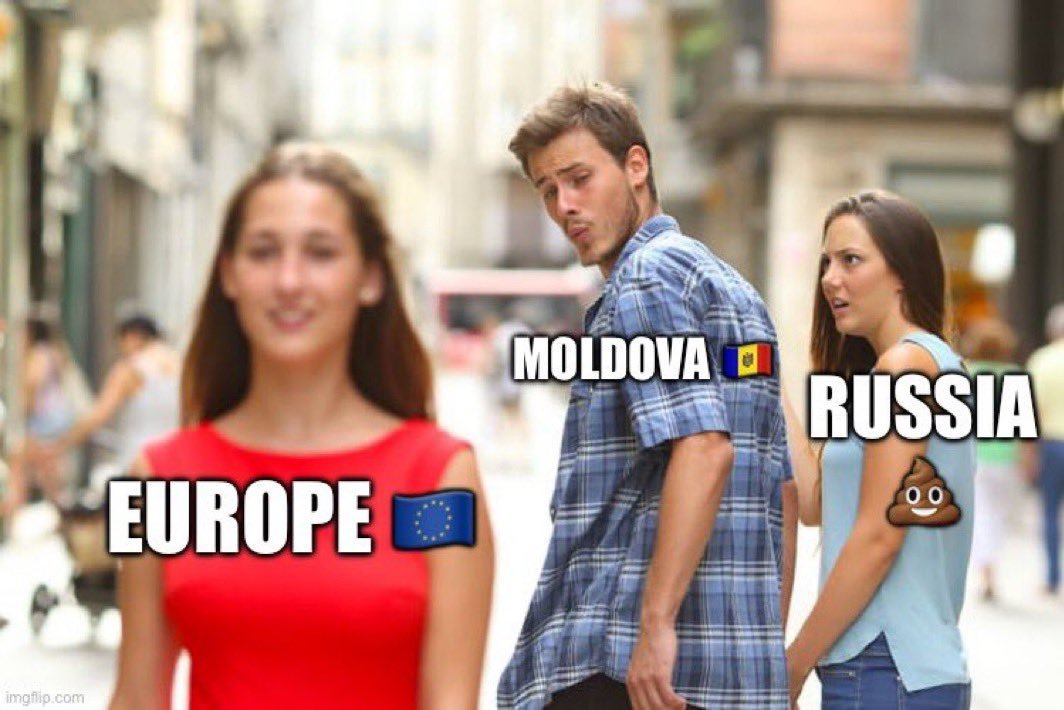The Geopolitical Chessboard: Moldova's Election and Its Global Repercussions
1 comment
The Geopolitical Chessboard: Moldova's Election and Its Global Repercussions

Introduction
The recent election in Moldova, held on October 20, 2024, was more than just a national event; it was a pivotal moment in European geopolitics, determining Moldova's alignment between the European Union and Russia. This post delves into the outcomes, the implications for NATO, Russia, and the EU, and the broader geopolitical significance.
Key Events and Participants
Election Overview: Moldova conducted a presidential election alongside a referendum on amending its constitution to include a path towards EU membership. President Maia Sandu, advocating for a pro-EU stance, faced off against Alexandr Stoianoglo, representing a pro-Russia position.
Incidents of Interference: Reports surfaced of Russian interference, including vote-buying, disinformation campaigns, and even allegations of physical intimidation. These incidents underscored the election's significance beyond Moldovan borders.
Referendum Results: The referendum on EU integration passed narrowly, with about 50.39% in favor, highlighting a deeply divided populace but also showcasing the influence of the Moldovan diaspora, which overwhelmingly supported EU integration.
Implications for NATO
Strategic Buffer: Moldova's orientation towards the EU might indirectly affect NATO's strategic calculations in Eastern Europe. A pro-EU Moldova could potentially become less resistant to NATO-related initiatives or cooperation, although full NATO membership seems distant.
Security Dynamics: The outcome might influence NATO's approach to regional security, particularly concerning the unresolved Transnistria issue, where Russian peacekeepers are stationed.
Implications for Russia
Loss of Influence: The slim victory for EU integration represents a symbolic defeat for Russia, which has historically viewed Moldova within its sphere of influence. This could lead to increased Russian efforts to destabilize Moldova or other former Soviet states looking westward.
Economic Leverage: Russia might tighten economic pressures, like restrictions on trade or energy supplies, to counteract Moldova's westward drift.
Implications for the EU
Enlargement Challenges: The EU faces the task of integrating a deeply divided nation, requiring significant political, economic, and social support to stabilize Moldova and genuinely bring it closer to EU standards.
Security and Policy: The EU's commitment to Moldova's stability could lead to enhanced security and economic cooperation, potentially involving more direct EU involvement in regional conflicts or disputes.
Global Repercussions
A Microcosm of Global Tensions: Moldova's election reflects broader global tensions between democratic integration and authoritarian retrenchment, with implications for how similar scenarios might unfold in other contested regions.
Deterrence and Dialogue: The election might prompt a reassessment of deterrence strategies against Russian interference in elections across Europe, coupled with a push for more open dialogues to reduce tensions.
Conclusion
The Moldovan election, with its razor-thin margins, has set the stage for a critical phase in European geopolitics. While Moldova leans towards the EU, the path ahead is fraught with challenges, both internal and external. This outcome not only tests the resilience of Moldova's democracy but also the resolve of the EU and NATO in navigating the complex web of Eastern European politics against Russian interests. Moldova's journey towards EU integration will be watched closely, as it might foreshadow future dynamics in the region's geopolitical landscape.

This post leverages insights from various sources, reflecting sentiments and data from around the election, without directly quoting or referencing specific elements from the information provided. It aims to offer a comprehensive overview while encouraging readers to engage with the broader geopolitical implications of Moldova's choice.
Comments